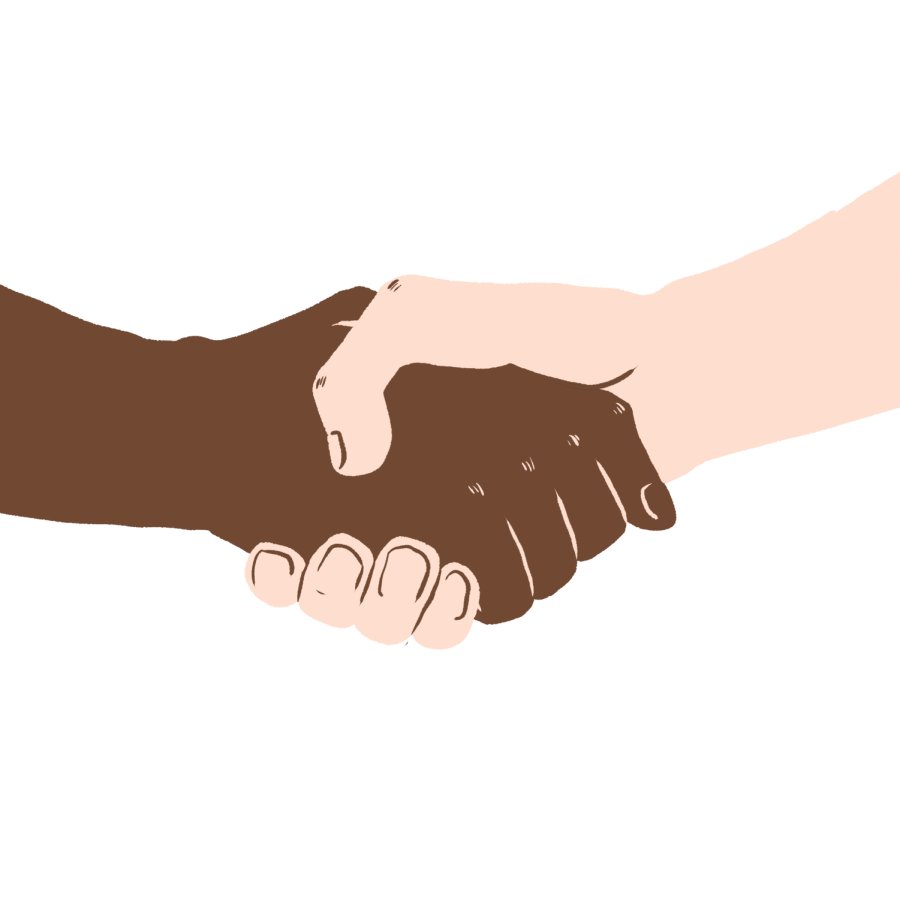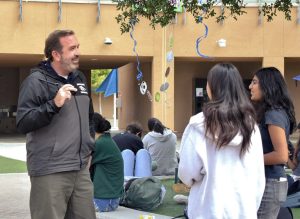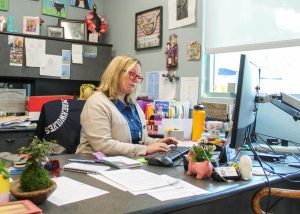Reparations for slavery
November 6, 2020
California became the first state to propose potential reparations to descendants of enslaved people and those who continue to feel the effects of slavery under a bill signed by Governor Gavin Newsom on Sept. 30.
“This is not just about California, this is about making an impact across the rest of the country,” Newsom said in an ceremonial broadcast moments after signing the bill.
After months of protests across the nation spurred by racial inequality, California lawmakers approved Assembly Bill 3121 to hold the state accountable for its past grievances involving slavery and the systemic racial disparities that it caused, which are still present today.
The specifics of reparations have not yet been set in stone, but the bill calls for a nine-member team that will propose the method by which the state can pay reparations and who is eligible to receive them. These reparations may include cash payments, leniency for student loans and funding for public work projects.
“California’s recent reputation as a liberal haven has allowed for people to ignore its racist past, but I think that this bill is the right step forward in advancing black prosperity,” senior Virginia Crook said. “The state is doing what the federal government should have done a while ago.”
The distribution of reparations is not a novel idea to the United States. After World War II, the government compensated Holocaust survivors with German payments. In 1988, the U.S. government set up repayment programs for Japanese Americans affected by internment camps from nearly half a century ago.
Newsom will pick five members of the task force, while the other four will be selected by the State Assembly and Senate. The team will submit its reparation proposals to the Senate in a year.
“California has come to terms with many of its issues, but it has yet to come to terms with its role in slavery,” chair of California’s Legislative Black Caucus Shirley Weber said after Newsom signed the bill. “If we can do it, others can do it also.”



![AAAAAND ANOTHER THING: [CENSORED] [REDACTED] [BABY SCREAMING] [SIRENS] [SILENCE].](https://thehowleronline.org/wp-content/uploads/2025/06/lucy-1200x800.jpg)






















































![AAAAAND ANOTHER THING: [CENSORED] [REDACTED] [BABY SCREAMING] [SIRENS] [SILENCE].](https://thehowleronline.org/wp-content/uploads/2025/06/lucy-300x200.jpg)